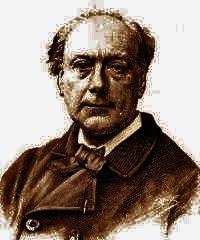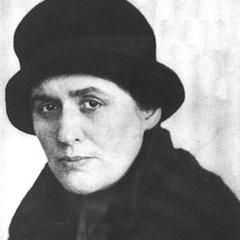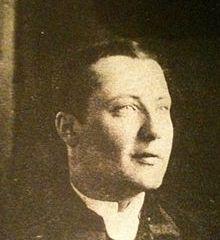William Shakespeare Quotes about Fear

Things done well and with a care, exempt themselves from fear.
William Shakespeare, Samuel Johnson, George Steevens (1813). “The Plays of William Shakespeare: In Twenty-one Volumes, with the Corrections and Illustrations of Various Commentators, to which are Added Notes”, p.35
'Macbeth' (1606) act 1, sc. 3, l. 130
'Antony and Cleopatra' (1606-7) act 1, sc. 3, l. 12
Cross, William Shakespeare (1989). “William Shakespeare: The Complete Works”, p.1209, Barnes & Noble Publishing
William Shakespeare, William Dodd (1839). “The Beauties of Shakspeare ... By the Rev. William Dodd, LL.D.”, p.194
When you fear a foe, fear crushes your strength; and this weakness gives strength to your opponents.
William Shakespeare (1833). “The plays and poems of William Shakspeare”, p.716
William Shakespeare, George Steevens, Edmond Malone (1823). “The plays of William Shakspeare”, p.133
William Shakespeare, Thomas Dolby (1832). “The Shakespearian Dictionary, Forming a General Index to All the Popular Expressions, and Most Striking Passages in the Works of Shakespeare, from a Few Words to Fifty Or More Lines ... By T. Dolby”, p.108
To fear the foe, since fear oppresseth strength, gives in your weakness strength unto your foe.
William Shakespeare (2013). “The Wars of the Roses In Plain and Simple English: Includes Henry VI Parts 1 - 3 & Richard III, Richard II, Henry IV Parts 1 and 2, and Henry V”, p.1097, BookCaps Study Guides
'Macbeth' (1606) act 5, sc. 5, l. 9
William Shakespeare, Samuel Ayscough, Nicholas Rowe, Samuel Johnson (1791). “Shakspeare's Dramatic Works: With Explanatory Notes. To which is Now Added, a Copious Index to the Remarkable Passages and Words”, p.1123
William Shakespeare (1864). “The Works of William Shakespeare: The first, second, and third parts of King Henry VI. The first part of the contention, &c. The true tragedie of Richard Duke of Yorke, and the good King Henry the Sixt. King Richard III”, p.533
William Shakespeare (1806). “The plays of William Shakspeare, with the corrections and illustr. of various commentators, to which are added notes by S. Johnson and G. Steevens, revised and augmented by I. Reed, with a glossarial index”, p.222
'Macbeth' (1606) act 3, sc. 2, l. 11
William Shakespeare (2013). “The Wars of the Roses In Plain and Simple English: Includes Henry VI Parts 1 - 3 & Richard III, Richard II, Henry IV Parts 1 and 2, and Henry V”, p.1097, BookCaps Study Guides
'Henry VIII' (1613) act 3, sc. 2, l. 441
'Love's Labour's Lost' (1595) act 5, sc. 2, l. [902]
'Macbeth' (1606) act 4, sc. 2, l. 3
O all you host of heaven! O earth! What else? And shall I couple Hell?
1600-1 Hamlet. Hamlet, act1, sc.5, l.92-7.
William Shakespeare, Samuel Johnson, George Steevens (1785). “The Plays of William Shakspeare ...”, p.387
'Henry VI, Part 3' (1592) act 1, sc. 5, l. 42
William Shakespeare (1793). “The Plays of William Shakspeare: In Fifteen Volumes. With the Corrections and Illustrations of Various Commentators. To which are Added, Notes by Samuel Johnson and George Steevens. The Fourth Edition. Revised and Augmented (with a Glossarial Index) by the Editor of Dodsley's Collection of Old Plays”, p.50






